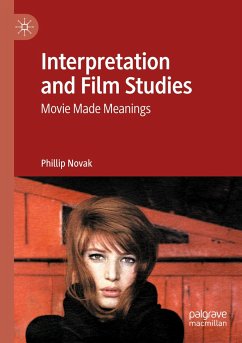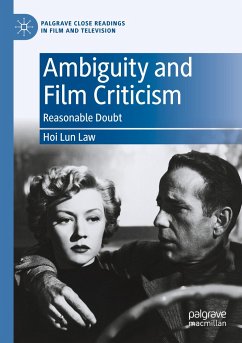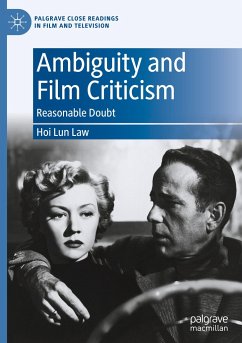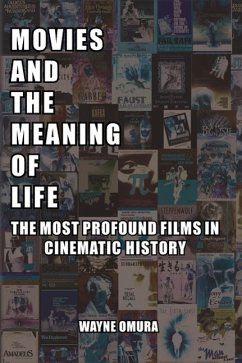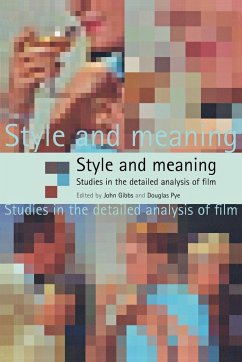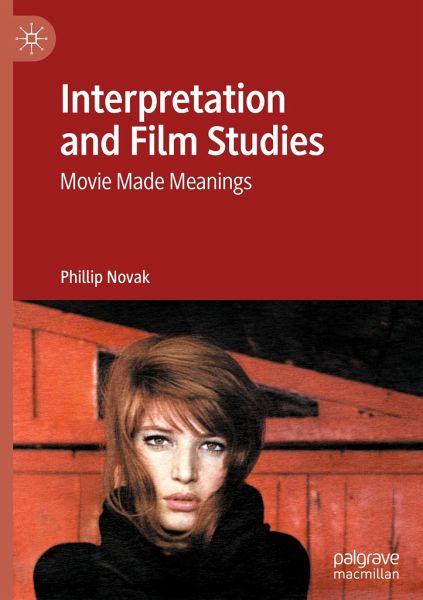
Interpretation and Film Studies
Movie Made Meanings
Versandkostenfrei!
Versandfertig in 6-10 Tagen
76,99 €
inkl. MwSt.
Weitere Ausgaben:

PAYBACK Punkte
38 °P sammeln!
This book argues that the sustained interpretation of individual movies has, contrary to conventional wisdom, never been a major preoccupation of film studies-that, indeed, the field is marked by a dearth of effective, engaging, and enlightening critical analyses of single films. The book makes this case by surveying what has been written about four historically important and well-known movies (D. W. Griffith's Way Down East, Marcel Carné's Port of Shadows, Mike Nichols's The Graduate, and Michelangelo Antonioni's Red Desert), none of which has been the focus of sustained critical attention, ...
This book argues that the sustained interpretation of individual movies has, contrary to conventional wisdom, never been a major preoccupation of film studies-that, indeed, the field is marked by a dearth of effective, engaging, and enlightening critical analyses of single films. The book makes this case by surveying what has been written about four historically important and well-known movies (D. W. Griffith's Way Down East, Marcel Carné's Port of Shadows, Mike Nichols's The Graduate, and Michelangelo Antonioni's Red Desert), none of which has been the focus of sustained critical attention, and by exhaustively examining the kinds of work published in four influential film journals (Cinema Journal, Screen, Wide Angle, and Movie). The book goes on to argue for the value of the work of interpretation, illustrating this value through extended analyses of Roman Polanski's Chinatown and Christopher Nolan's Memento, both of which thematize interpretation. Novak demonstrates the causes and consequences of reading poorly and the importance of reading well.





